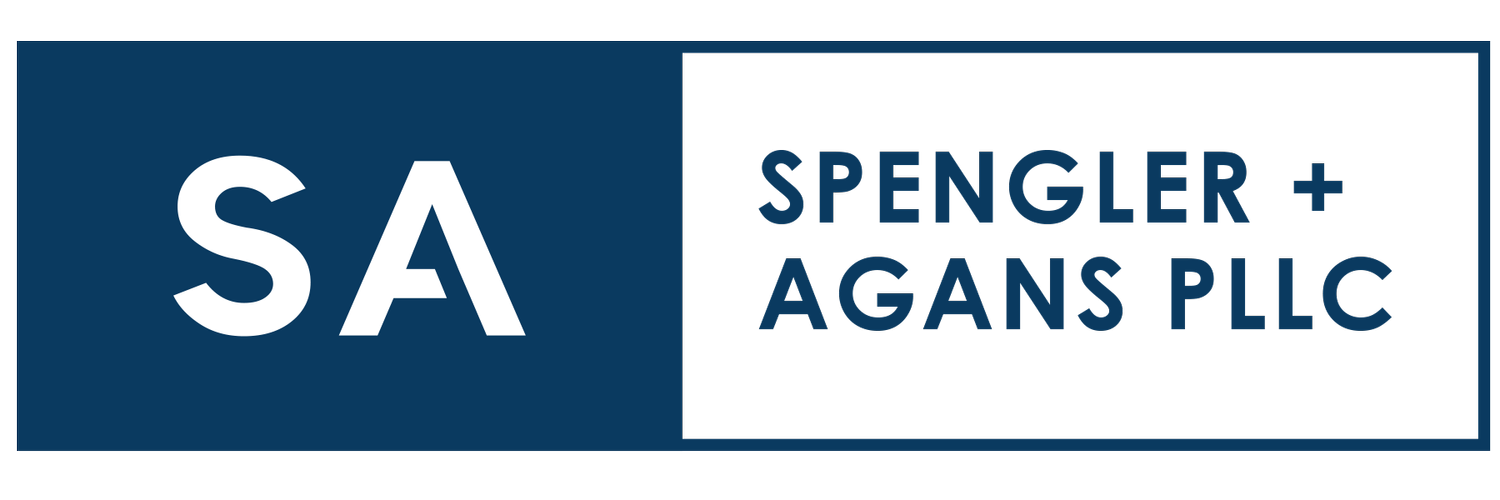Should My Startup Accept an Offer to Join an Accelerator?
A common story: your early-stage startup has some early momentum and you applied to some accelerators hoping they would add a little fuel to your fire. Things get real when you get accepted to one or more of these accelerators and have to make the decision whether to accept the offer(s).
Getting accepted into an accelerator is exciting. But it’s important to make sure you are thoughtful and rigorous as you go through the decision-making process - especially with the proliferation of accelerators in startup ecosystems across the United States and world. There are more accelerators out there compared to just a few years ago, and they are not all created equal.
As you work through the decision-making process, here are some items to consider:
What are you getting from the Accelerator?
Usually, it’s a combination of cash and mentorship. Sometimes accelerators provide special access to capital or customers, whether through high profile mentors or through well-attended demo days. It’s also important to make sure you understand what’s included in the accelerator program as well as how long the formal program lasts. For example, some accelerators require you to be on-site for a full three months while others may require only that you be on-site for one week with the rest of the programming available virtually.
What are you giving up to the Accelerator?
You’ll be giving up equity one way or another if you accept an offer to join an accelerator. You may also be giving up some element of control (and potentially making your startup less attractive to VCs in future fundraising efforts) if, for instance, you give participation rights for the accelerator to participate in future financing rounds. Some accelerators will also ask for a revenue share for your startup that may or may not be convertible into equity. One often-overlooked cost is the opportunity cost: time and money (if for instance, you have to pay for travel and lodging for the program) spent participating in the accelerator is not being spent on other marketing campaigns, product improvements, etc.
What TO DO FIRST
Talk to previous participants of the accelerator about their experience. Accelerators should have a list of previous classes easily accessible on their website or upon request. Ask not only about the value of the program itself but also what support the graduates received after the formal program completed.
Research what percentage of previous participants went on to receive funding – even if you don’t have immediate plans to raise capital, this is a valuable signal that the accelerator attracts good companies and adds value to those startups.
Have a qualified attorney review the offer to look for potential issues. Our attorneys help North Carolina startups and small businesses take the next step.
To contact us, or to sign up for our newsletter, please visit our Contact page or reach out to the relevant attorney directly through their bio page. In addition, you can find primary contacts for each practice area by visiting our Areas of Practice page.

